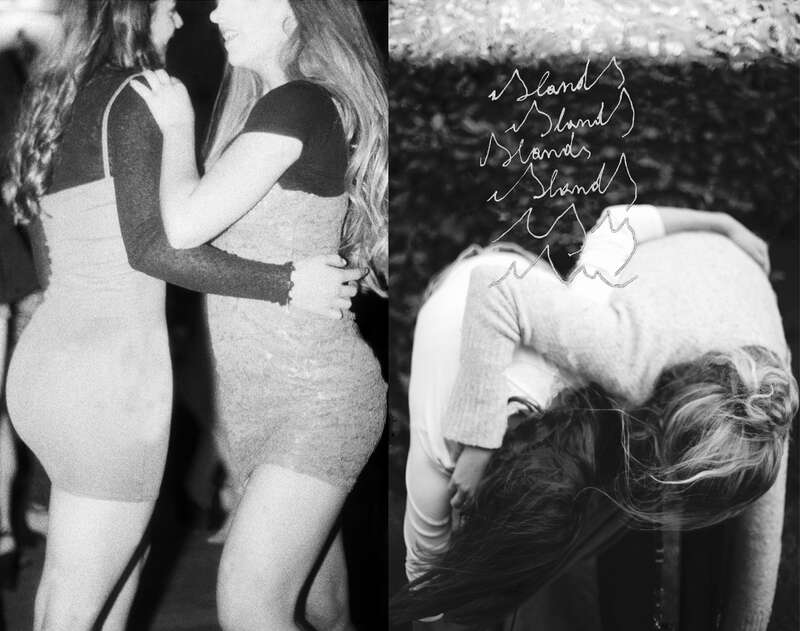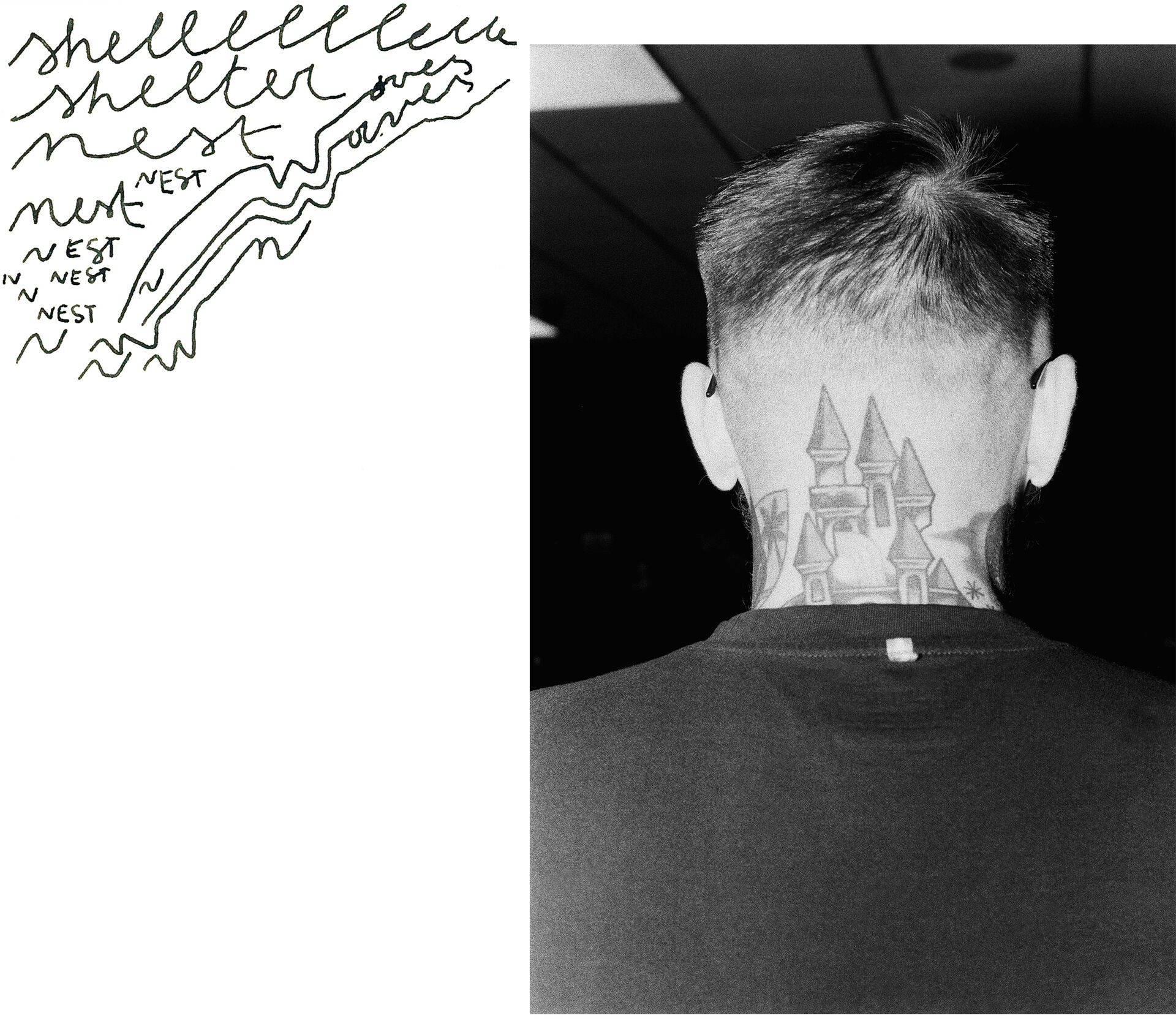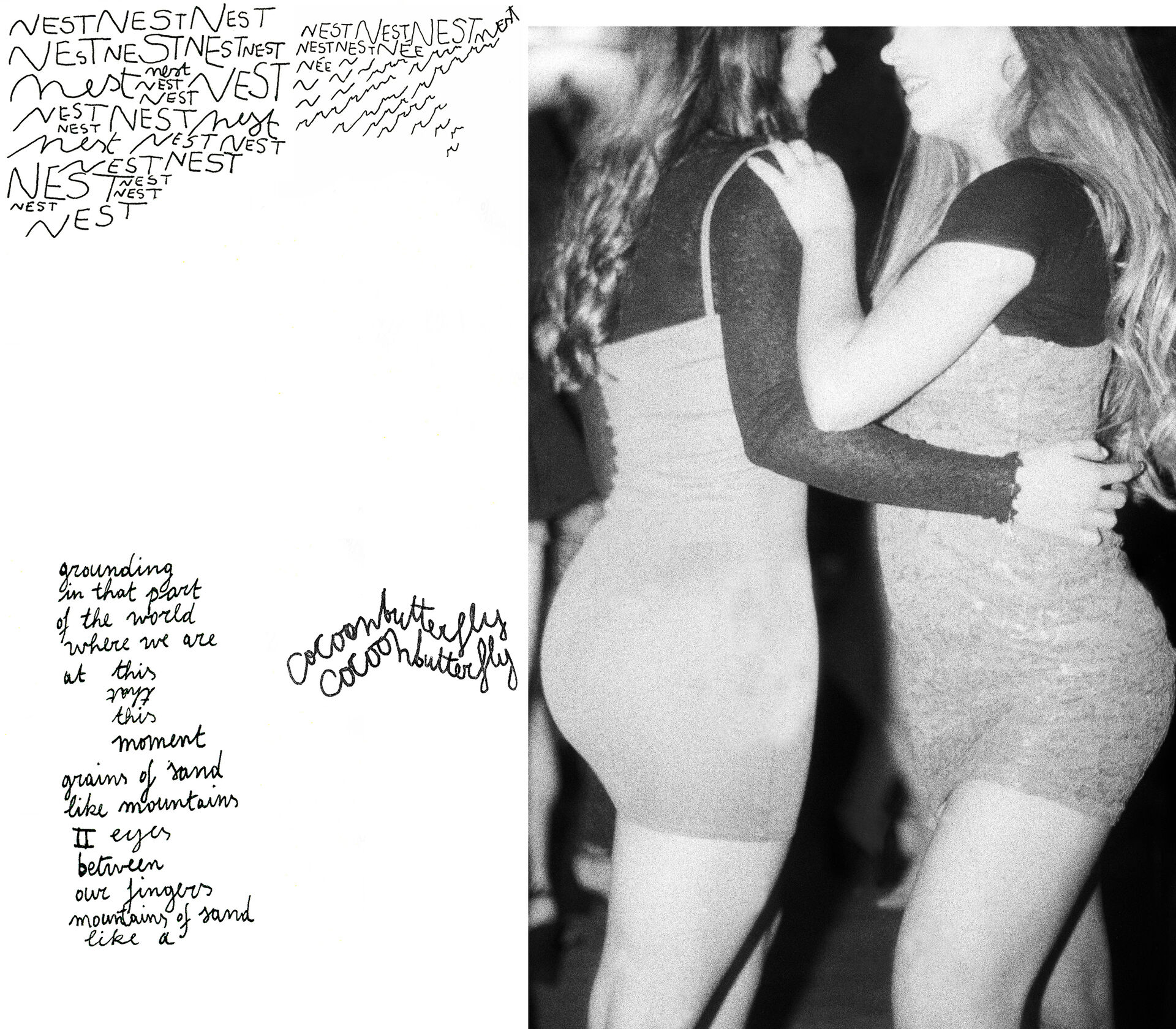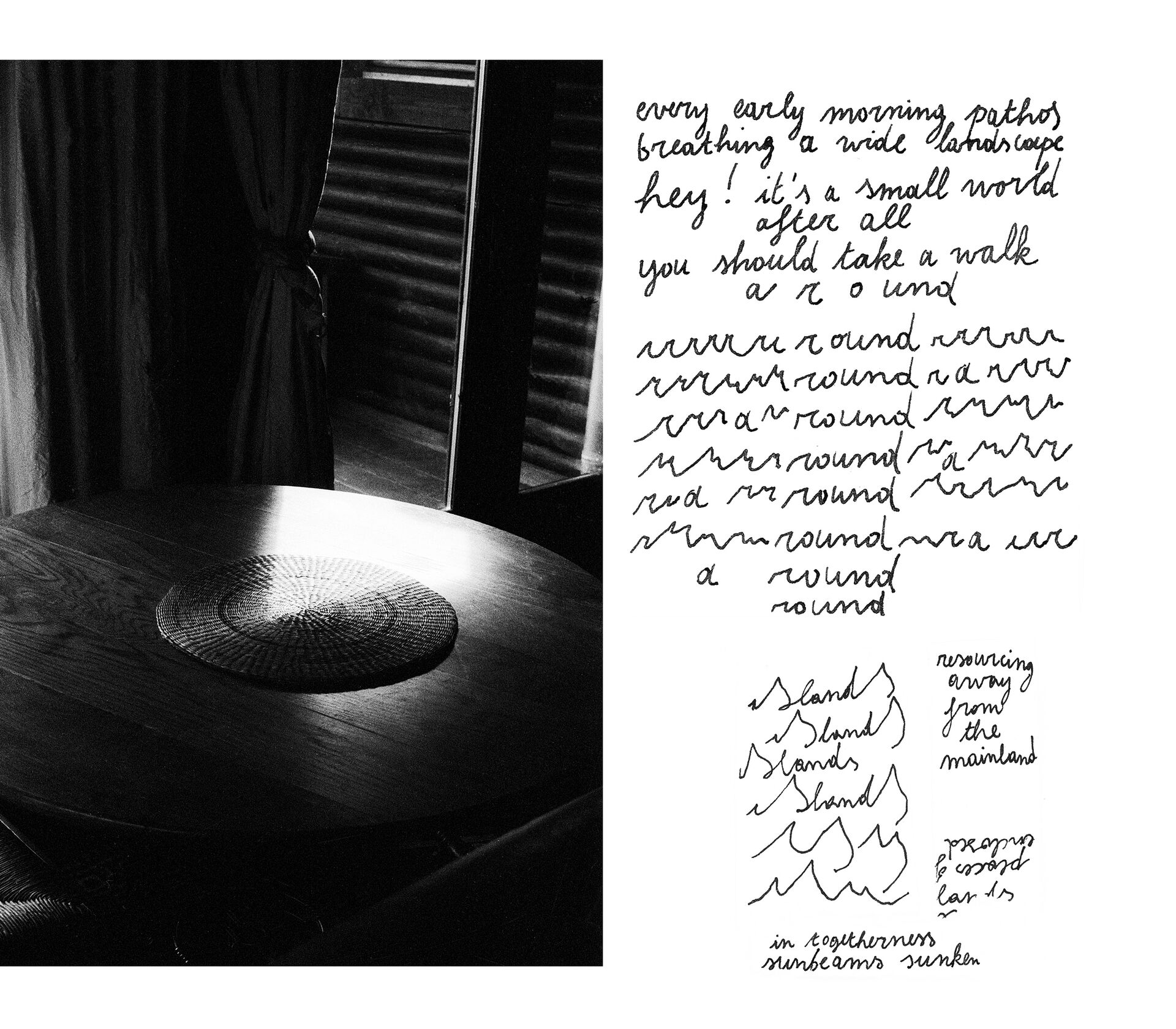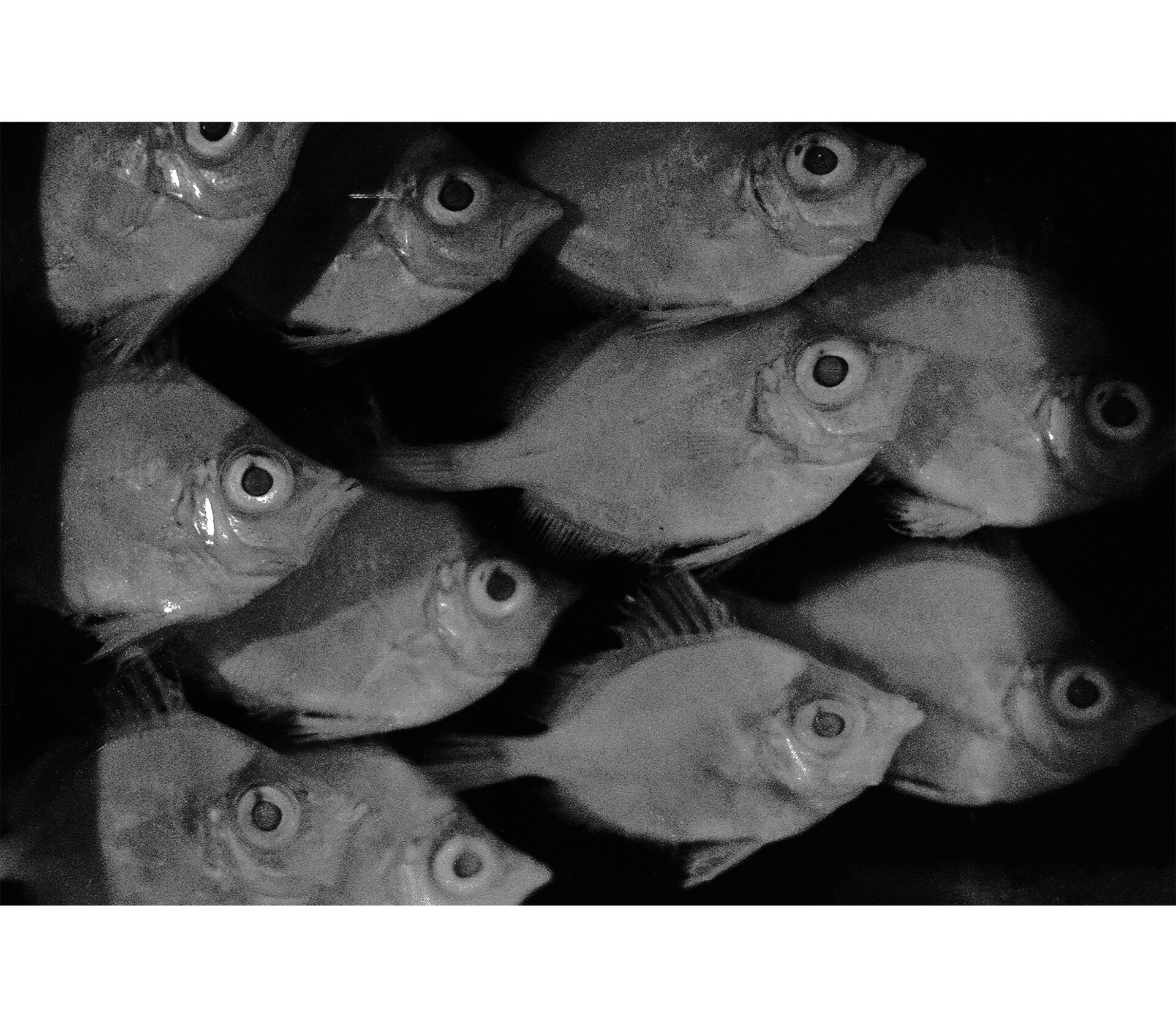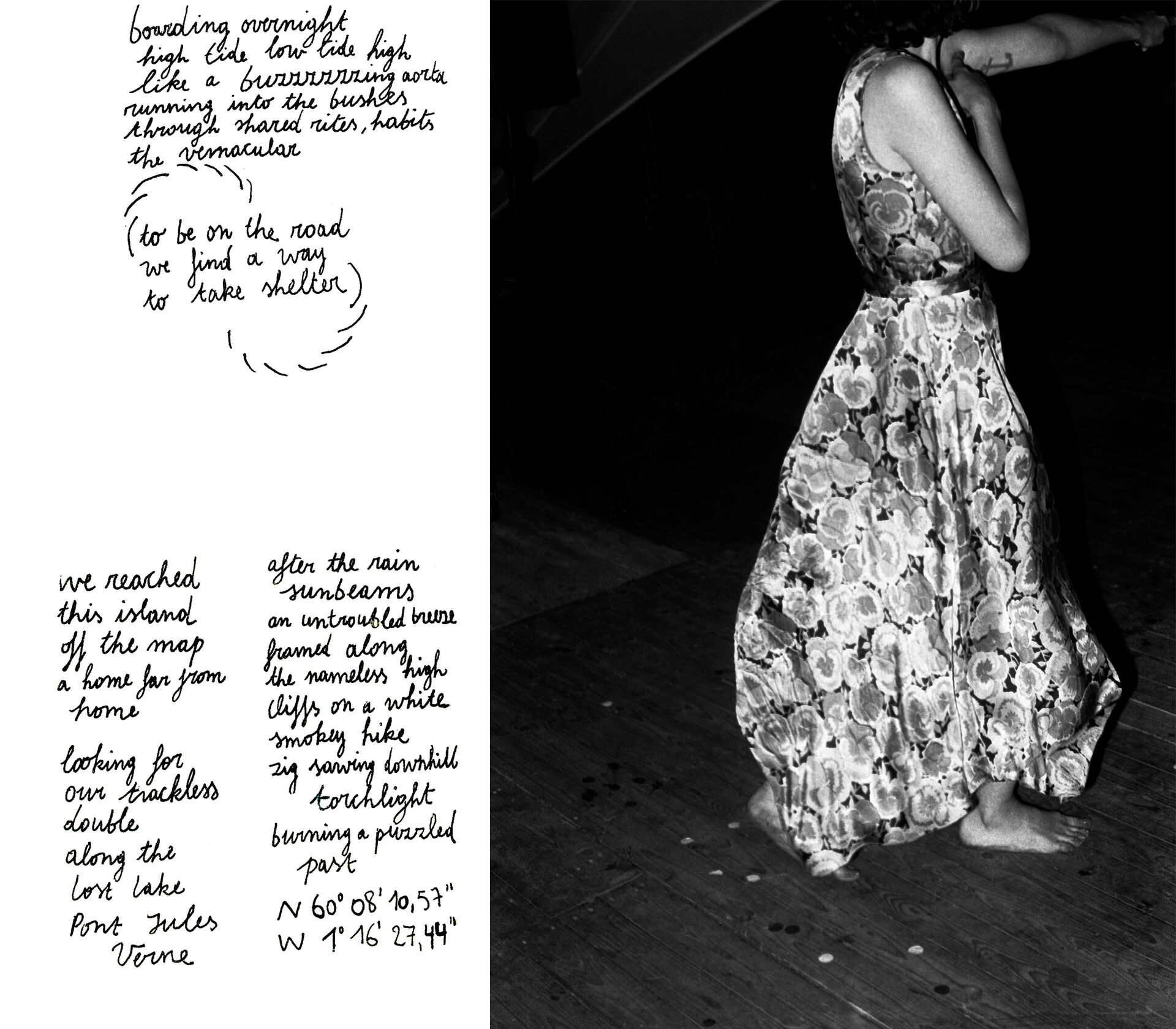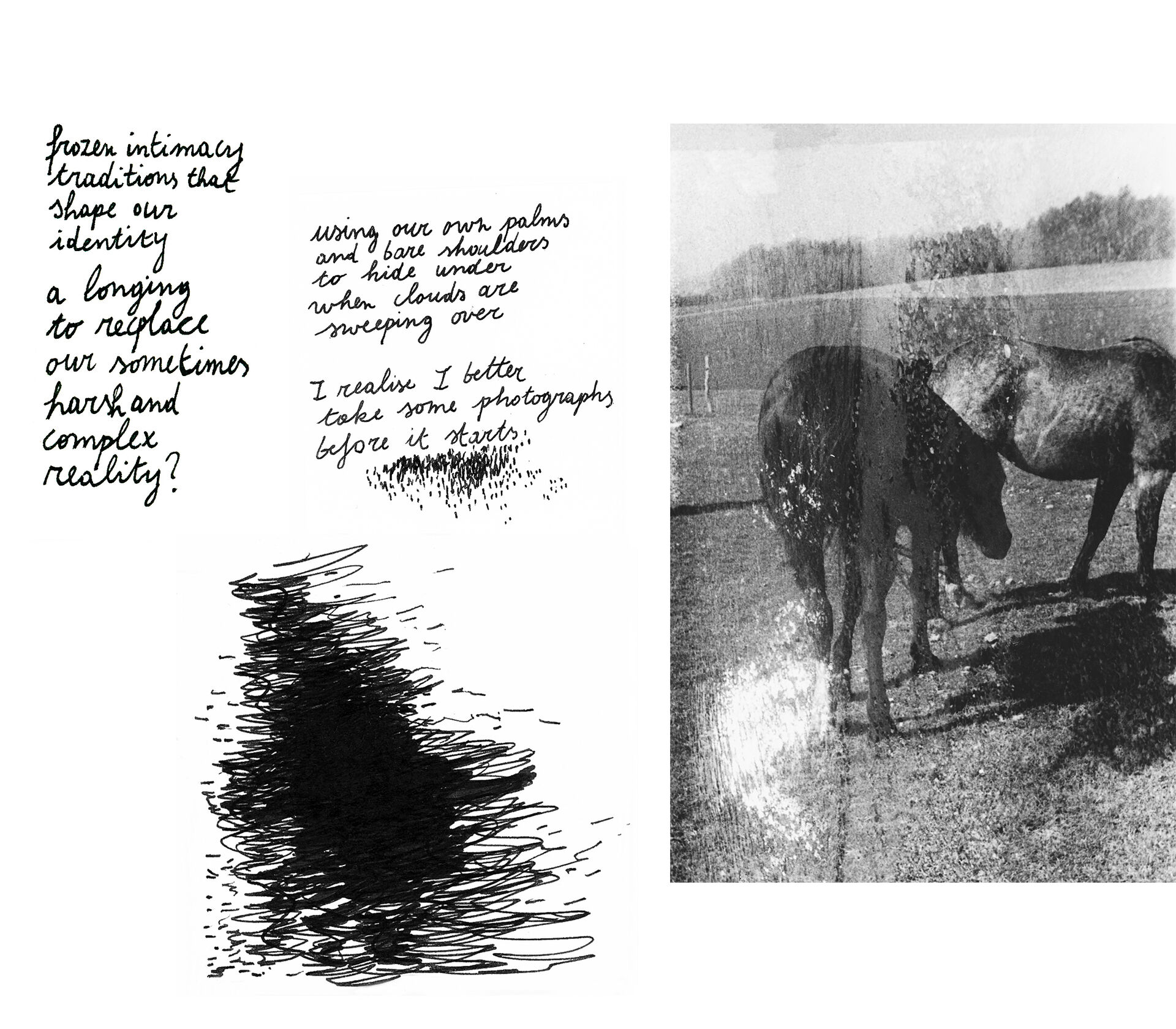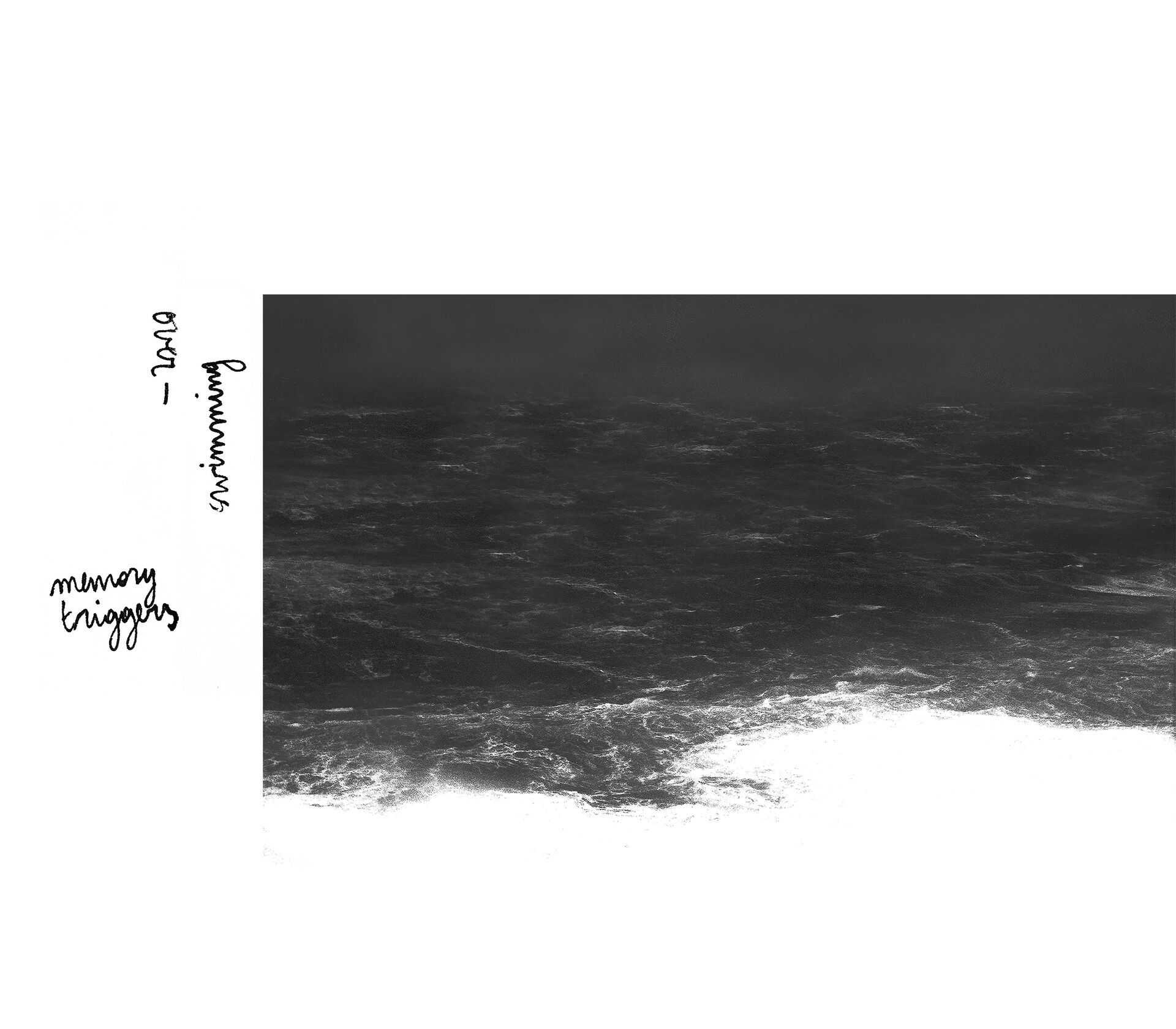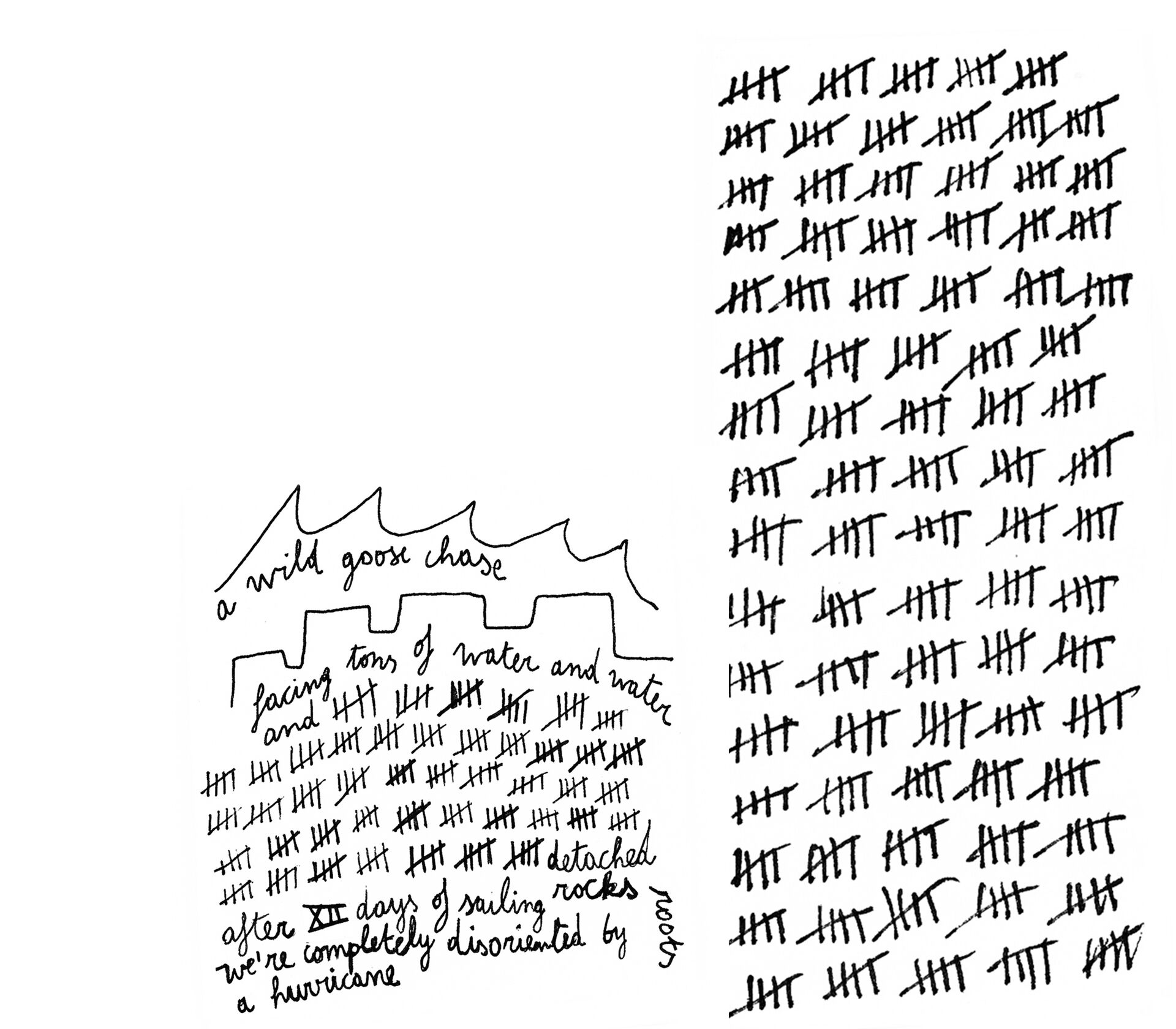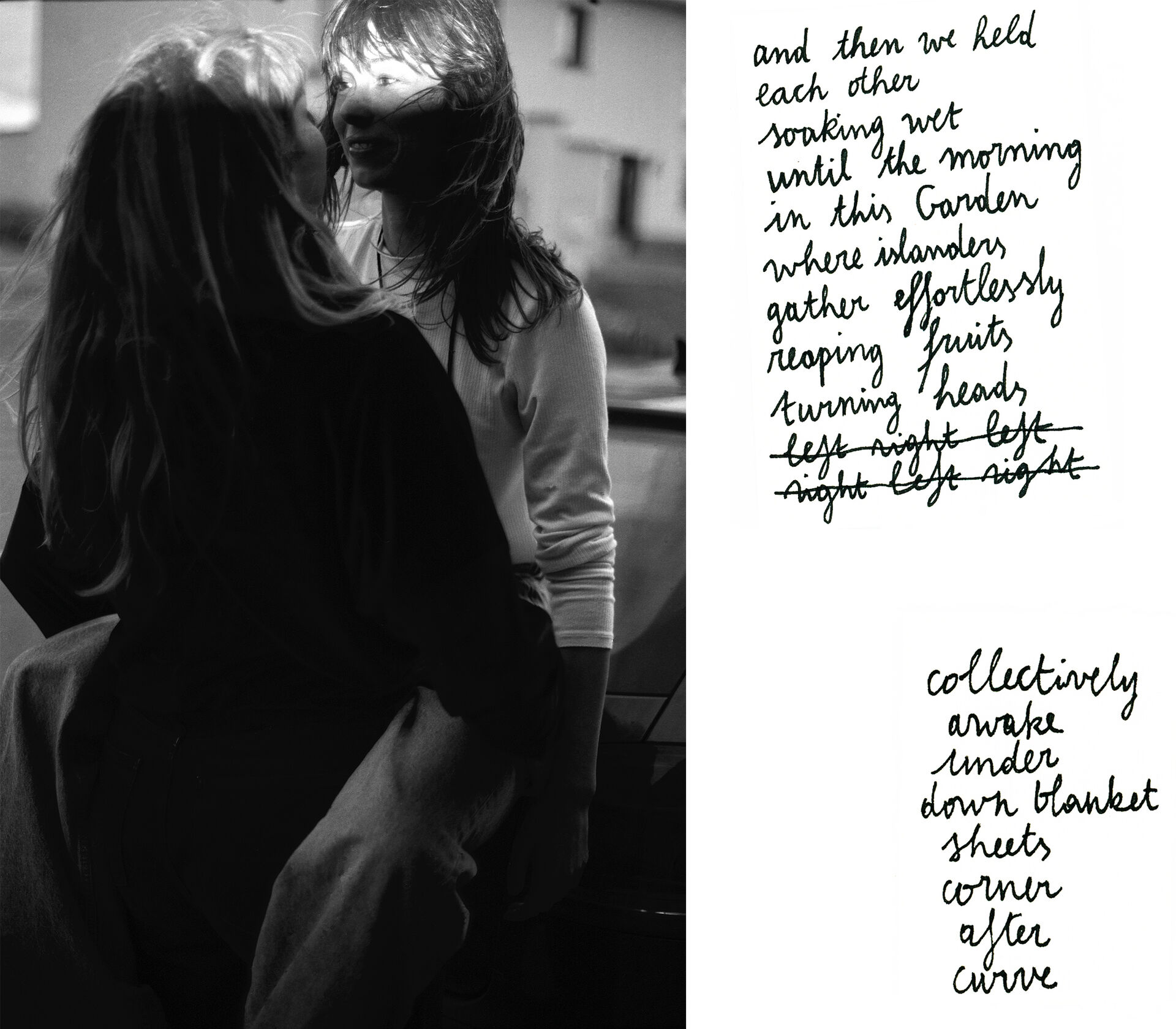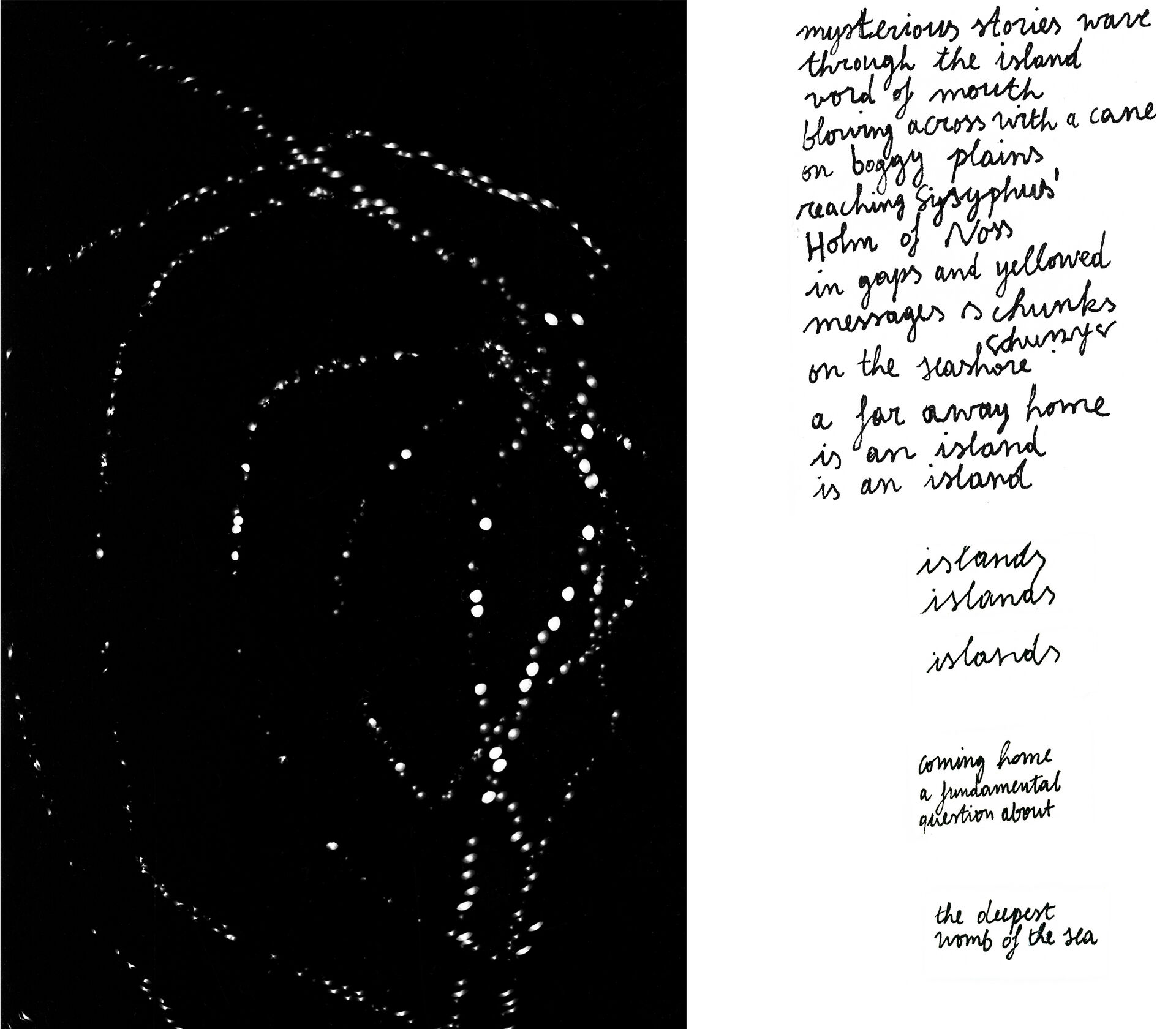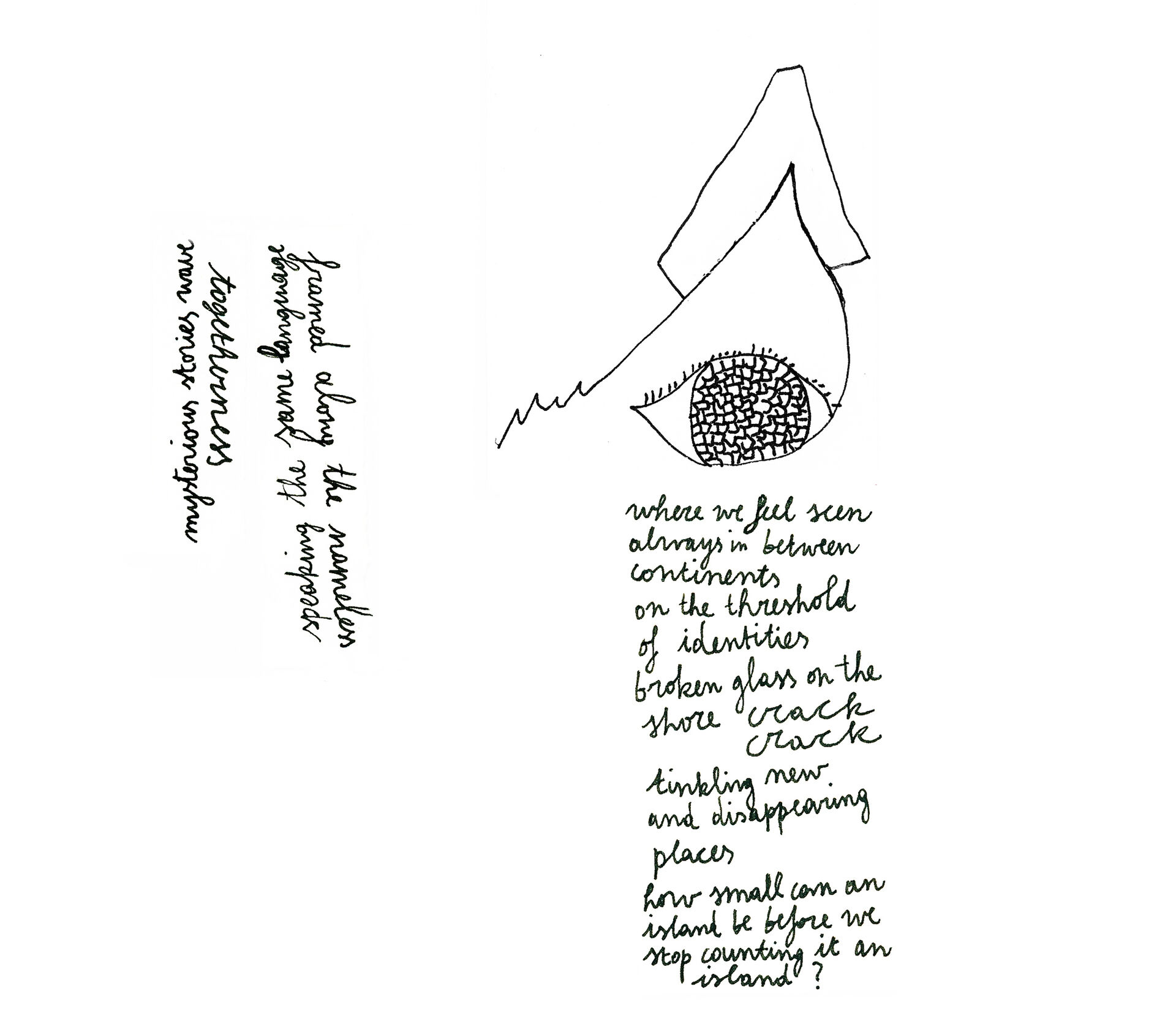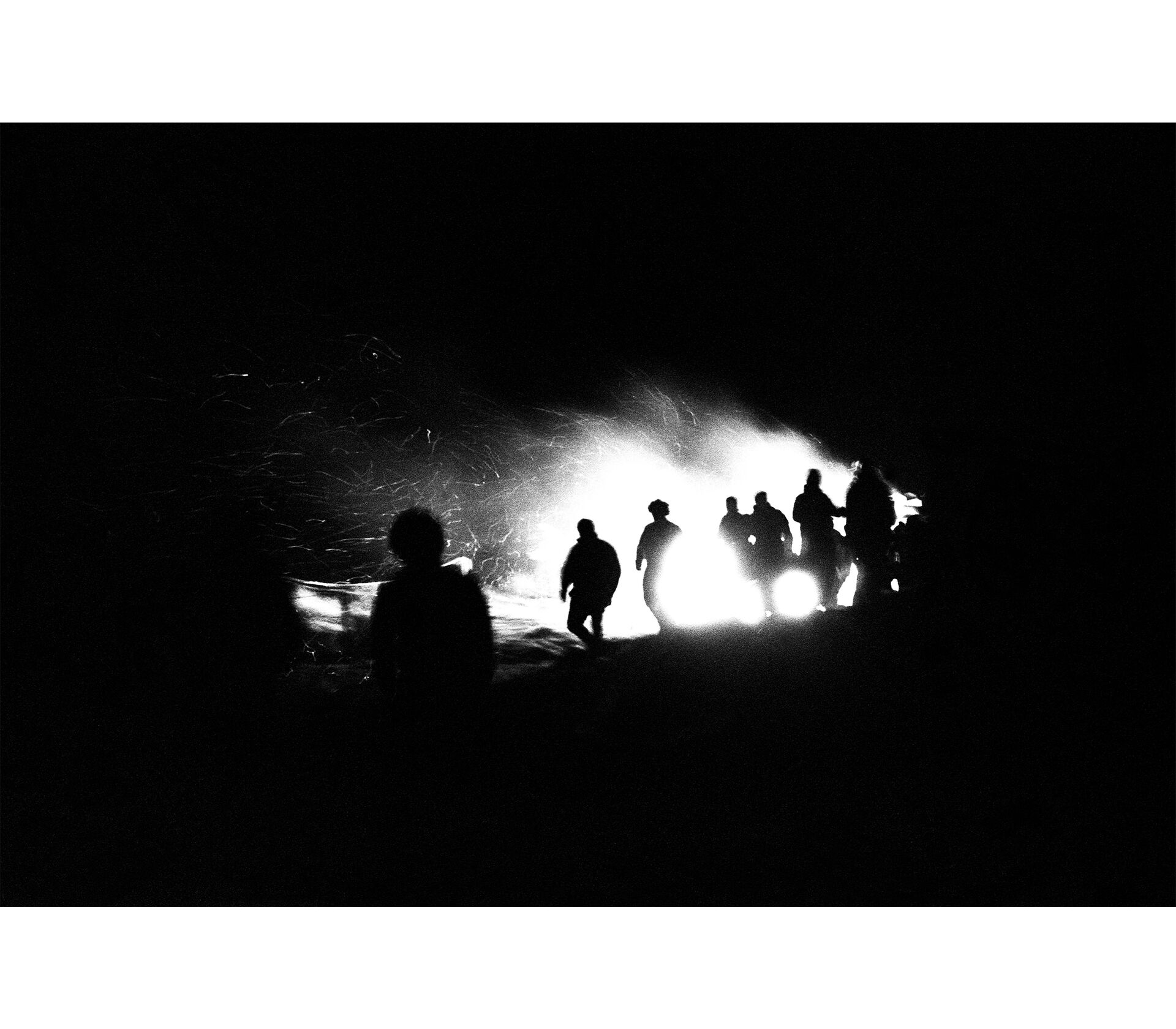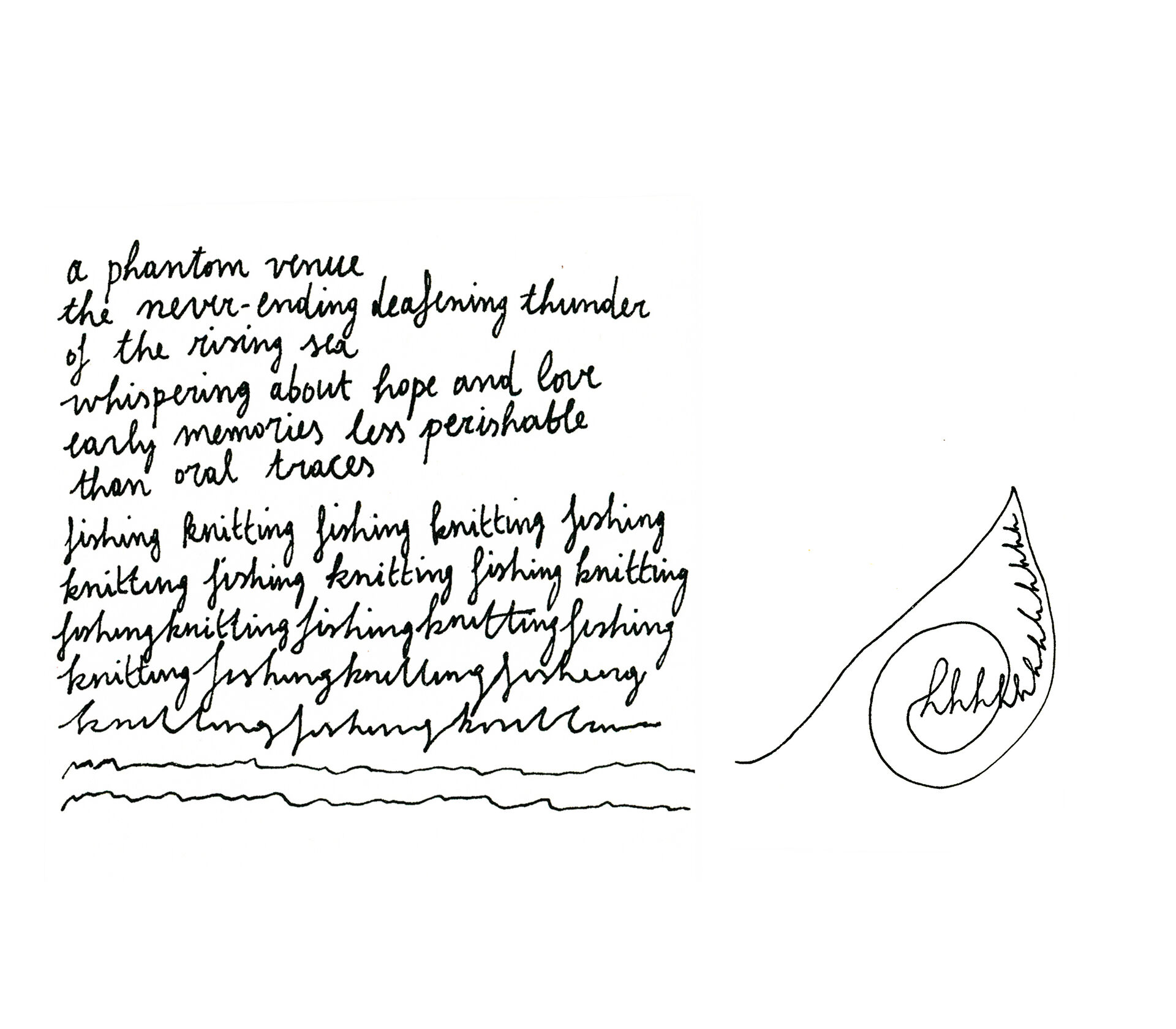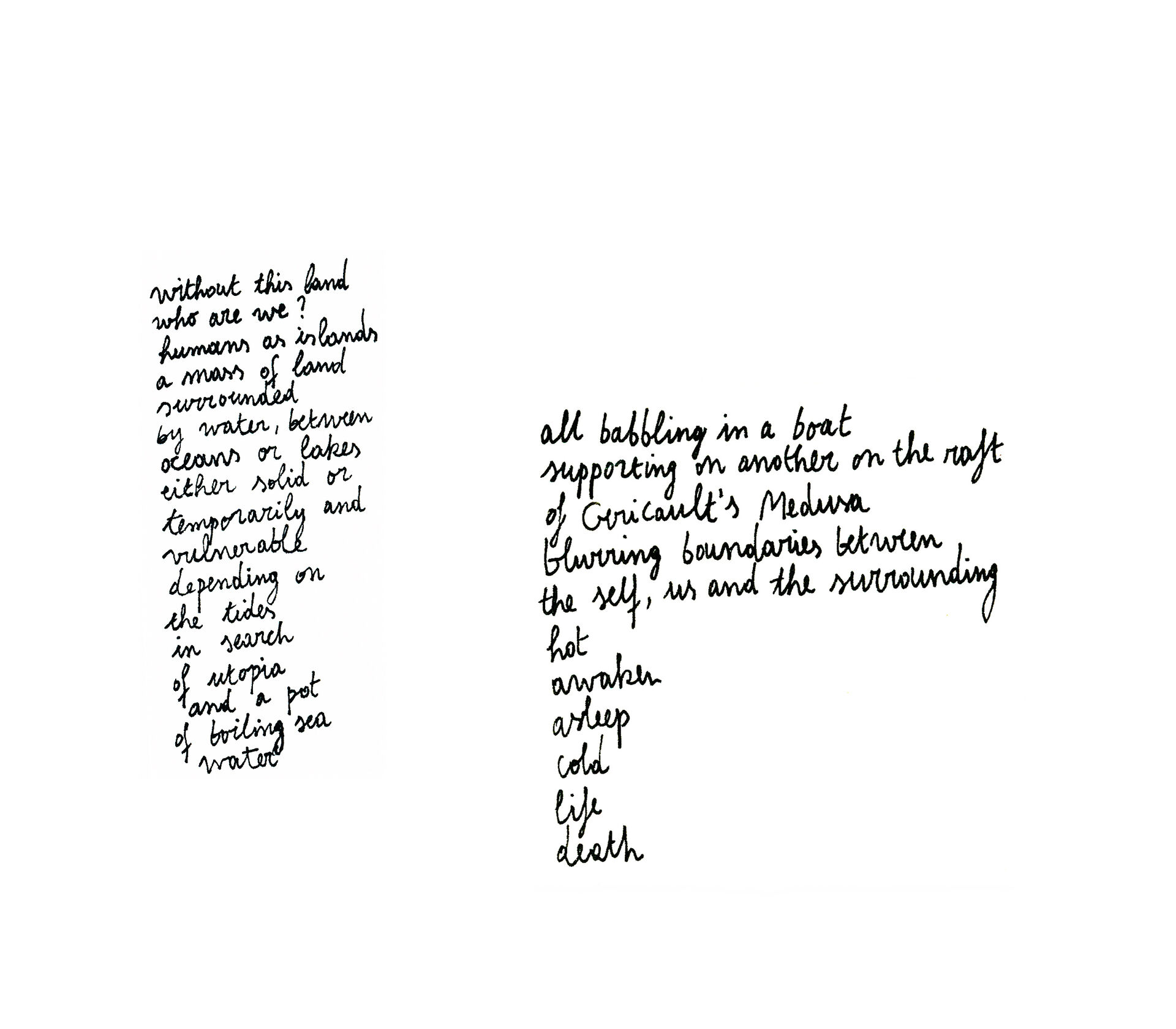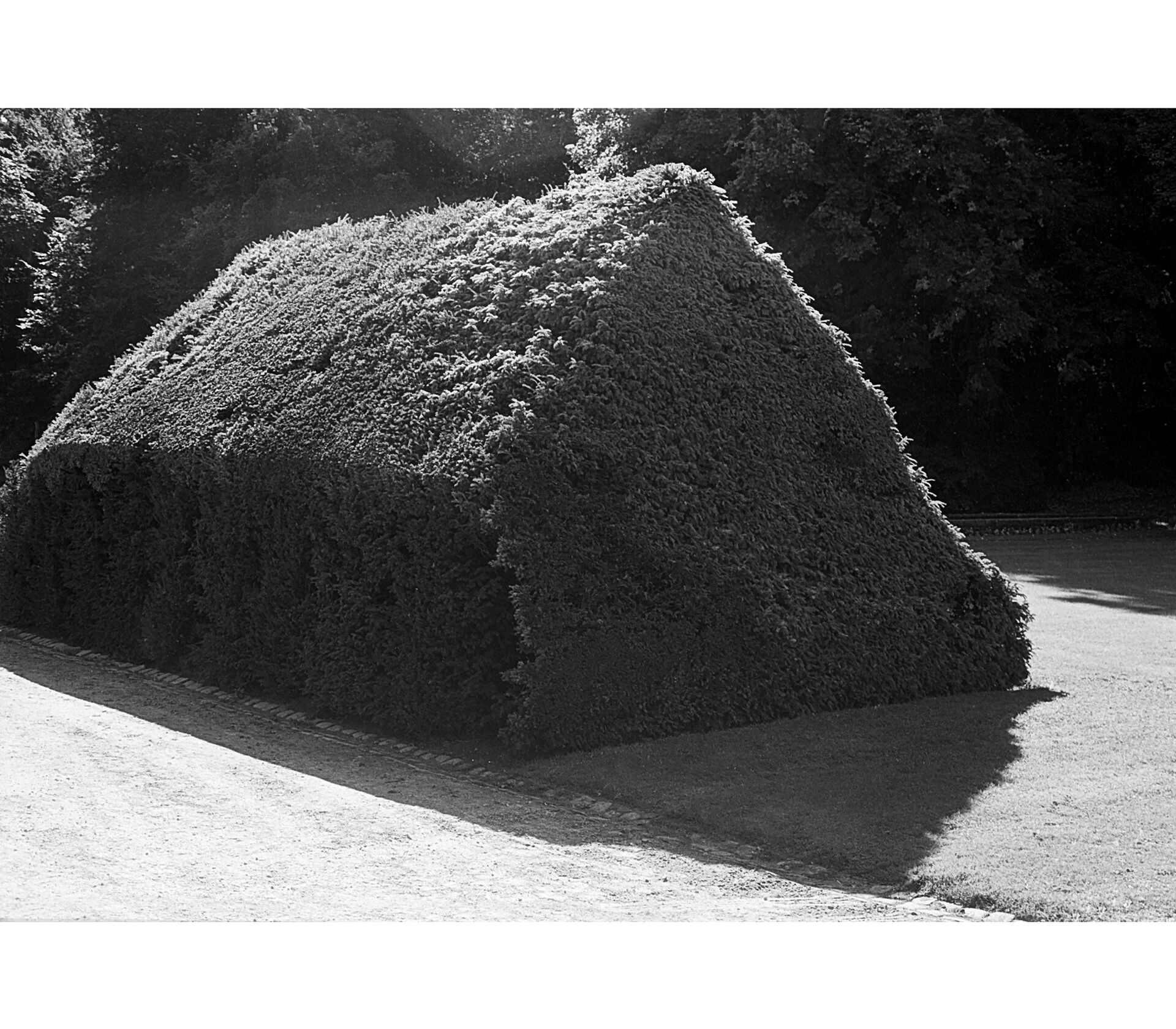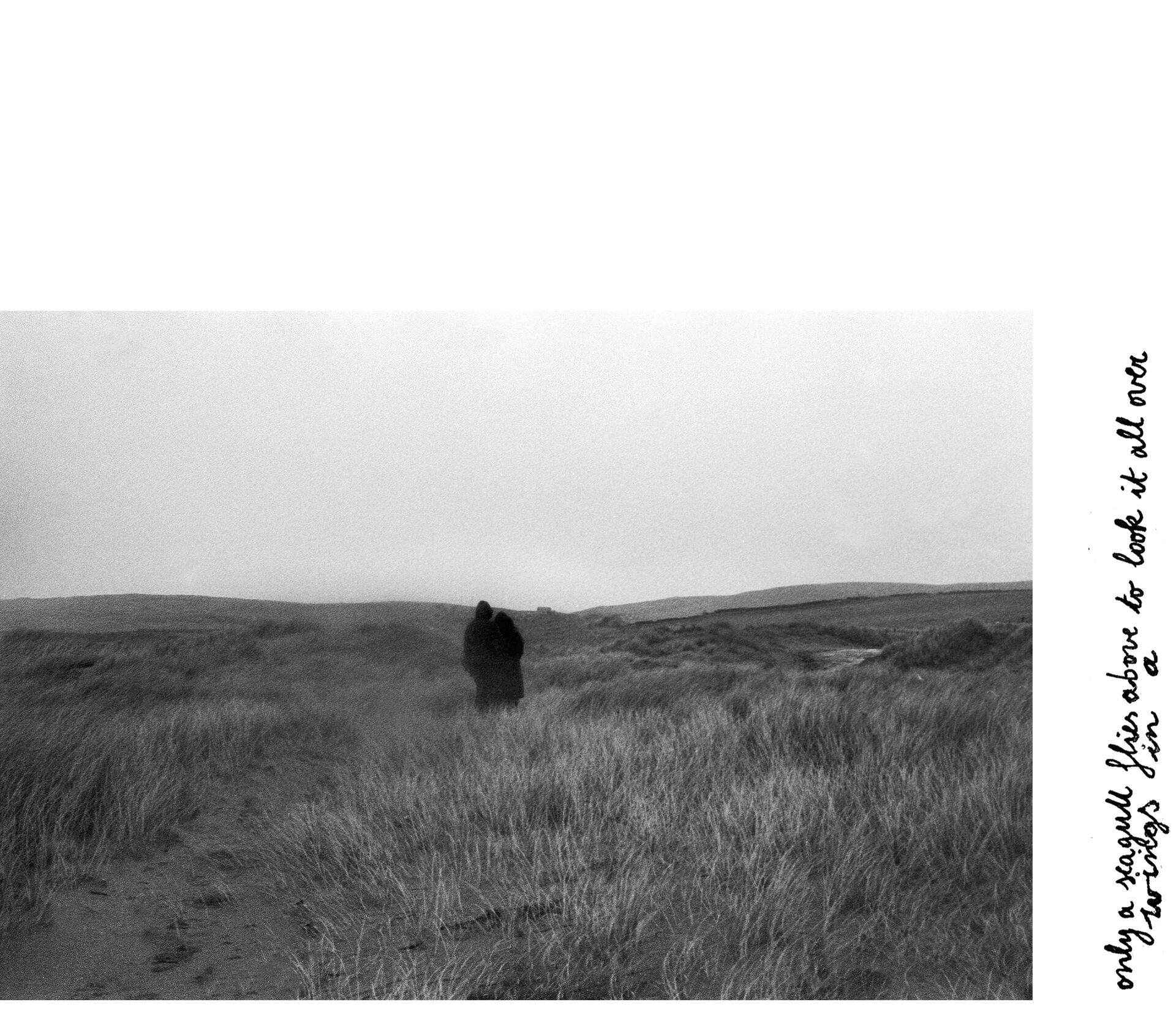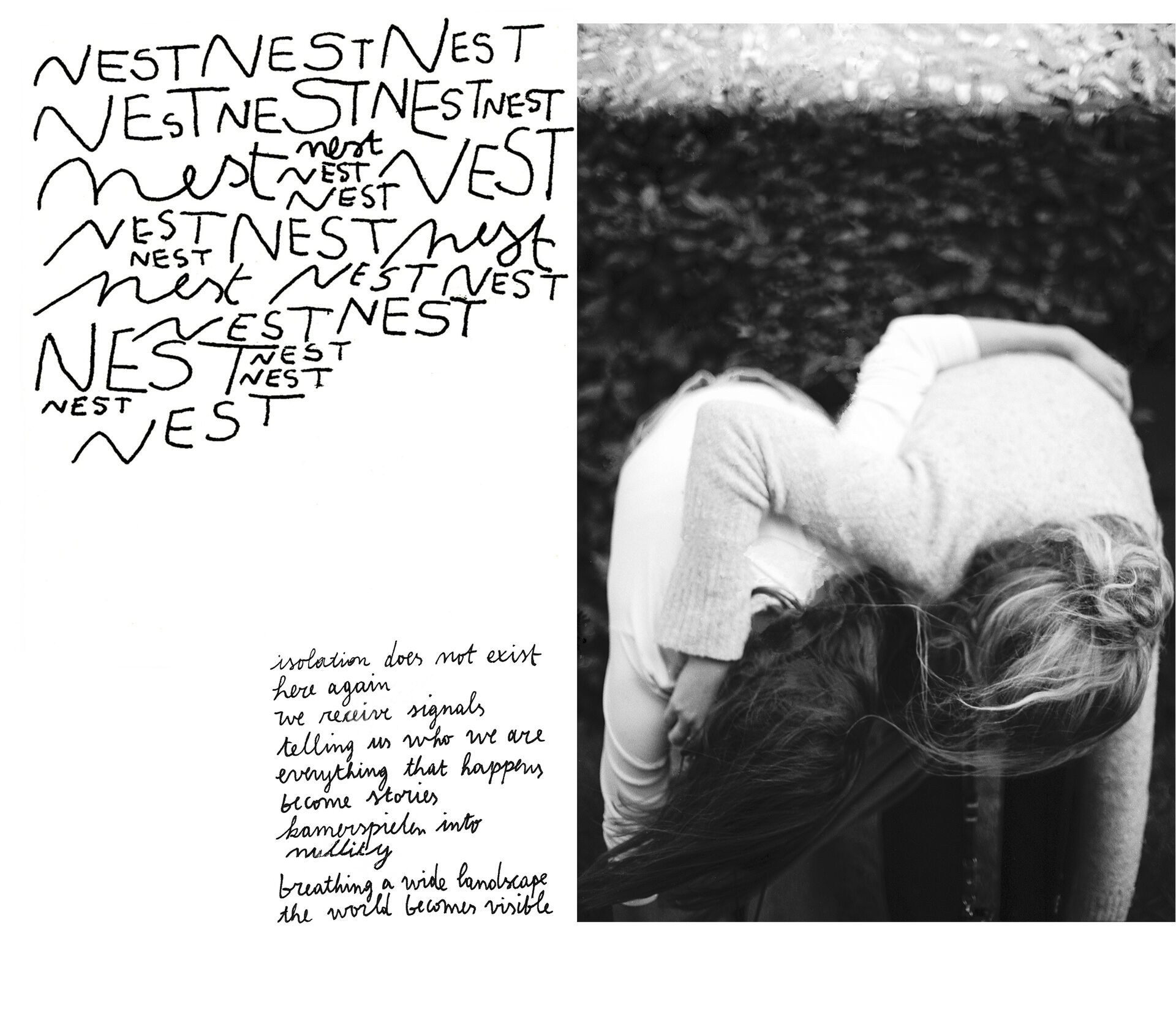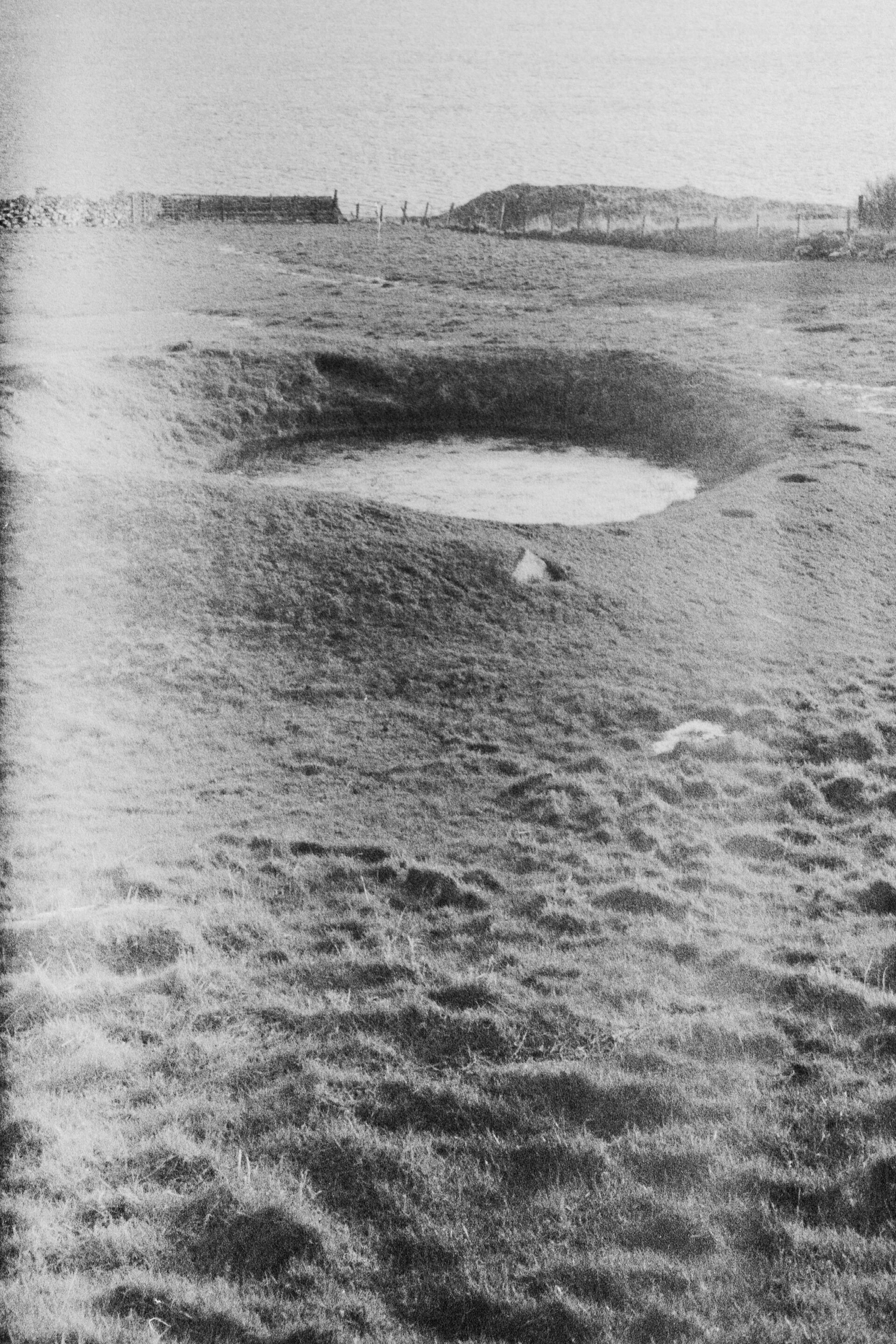
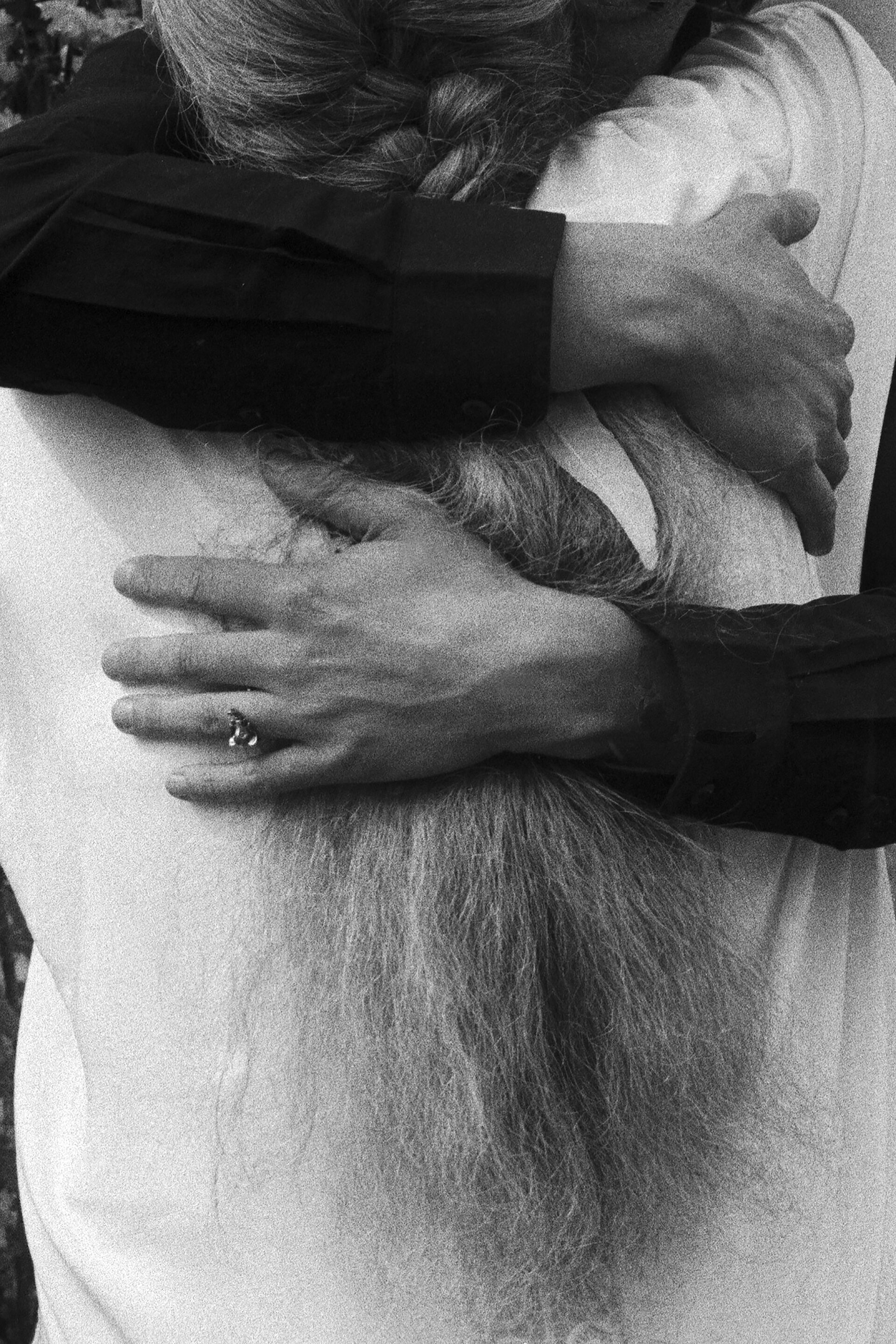
All images from the series Shelter
Editor's note:
Renée Lorie's artist contribution for Trigger is based upon her ongoing work on the Shetland islands. For her new and second book in print, Shelter, she is interested in ways of living that have to do with 'sheltering'.
Shelter is about finding ways to take shelter in this world, going to an island to find silence and resilience, to disconnect and reconnect. In a broader sense it is about how we, as humans, experience opposite feelings such as connectedness and loneliness. We need to be connected to some groups or people, but at the same time we need to recover on our own - see everything from our own point of view.
Sheltering also means returning to our basics, living with less, without fear of absence. Part of the images in Shelter were taken on the Shetland Islands. Islands are places where feelings of displacement and connectedness are present. There are less impulses on islands and people are often alone; however, there is also a strong sense of community. People connect through shared rites, habits and folk-lore. For example during winter at the Viking Fire festivals, the community comes together.
Lorie collects evocative fragments of accidental encounters: from the uncanny details of everyday life to the landscapes and the magical folklore of the Shetland islands, welcoming the uncertainties of analog film and darkroom processing. The surface of her images seem to have an almost haptic quality, as if spectators were able to feel with the tip of their fingers the real textures, feathers, hair, skins, dresses, plants, water. This element of touch acquires further relevance in her second work, where her research around the subject of 'shelter', harborage, protection, becomes intertwined with human contact, whether it is a personal relationship or being part of a community in a remote island. If in Noctuary, her first book, individuals are always alone, cropped, seen from the back or their faces hidden by blinding light, in Shelter this isolation surrenders its place to embraces, tenderness and human connection. A shelter is a hiding place, a place where we feel safe, a haven, a harborage.
For Trigger, Lorie started to make small philosophical notes and draw (lines) in relation to her images. Texts and words take a turn and become images too. Lorie seems to be weaving patterns which strengthen interhuman interiorities and open up vistas to what islands 'mean'. This 'expanded' photography is testimony to both the force of local languages in the broad sense and the role of 'sheltering' in human lives.
Renée Lorie publishes her second book, Shelter, with Editions du Caïd (launch date to be announced soon).
